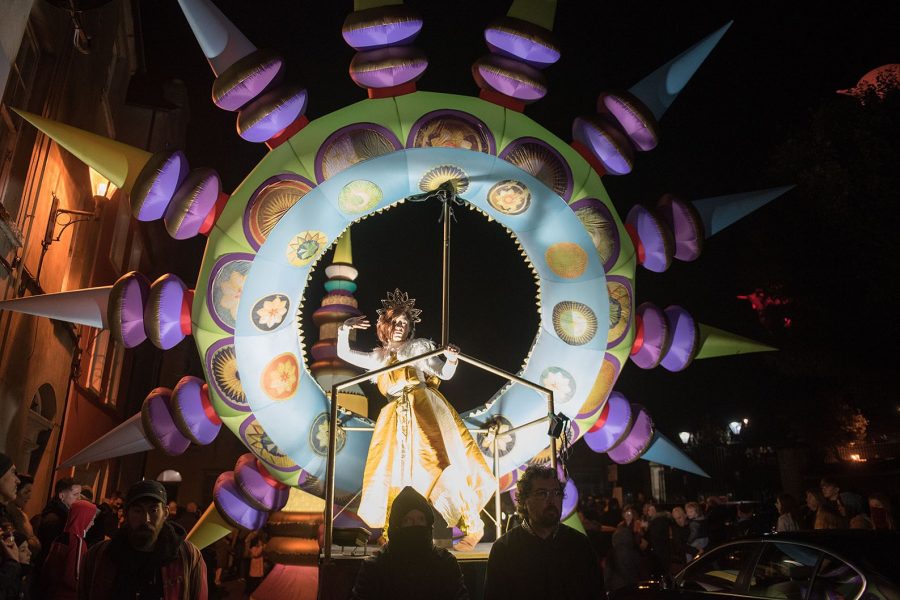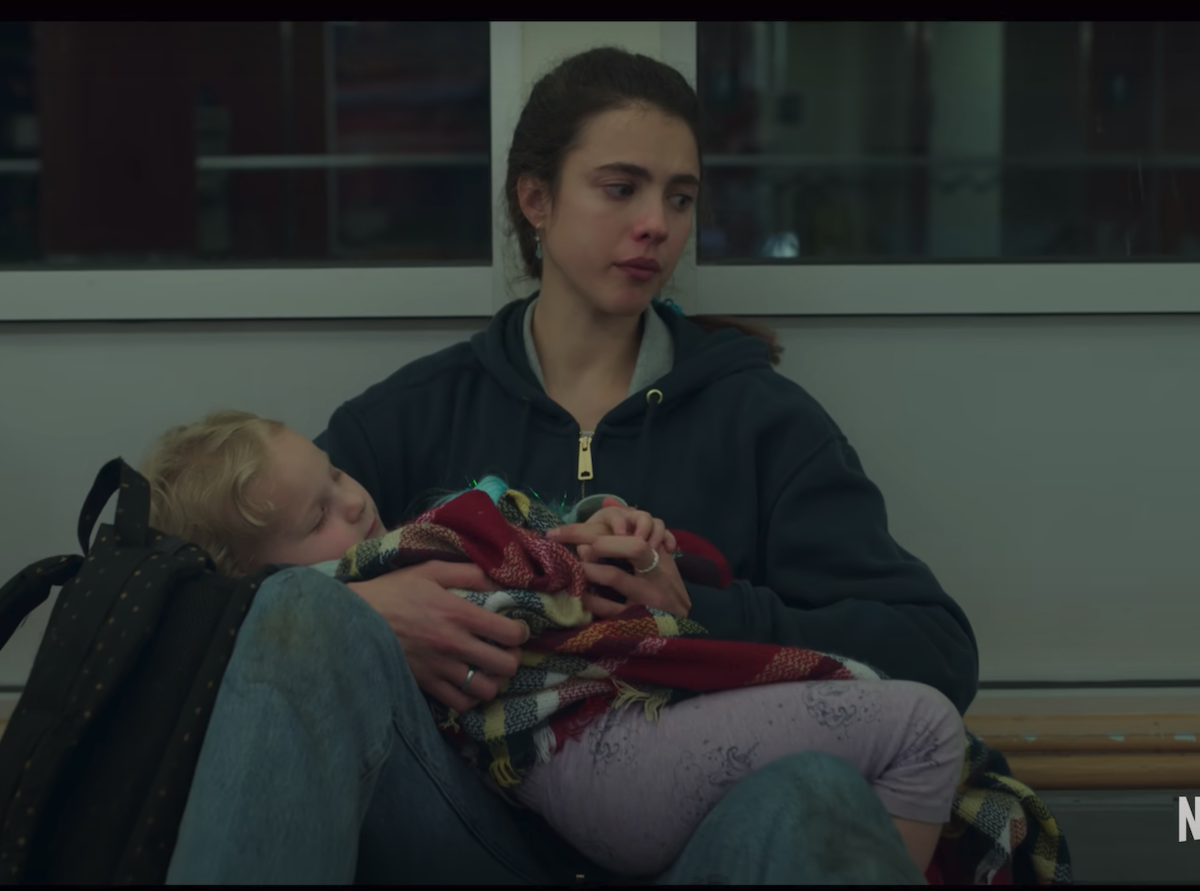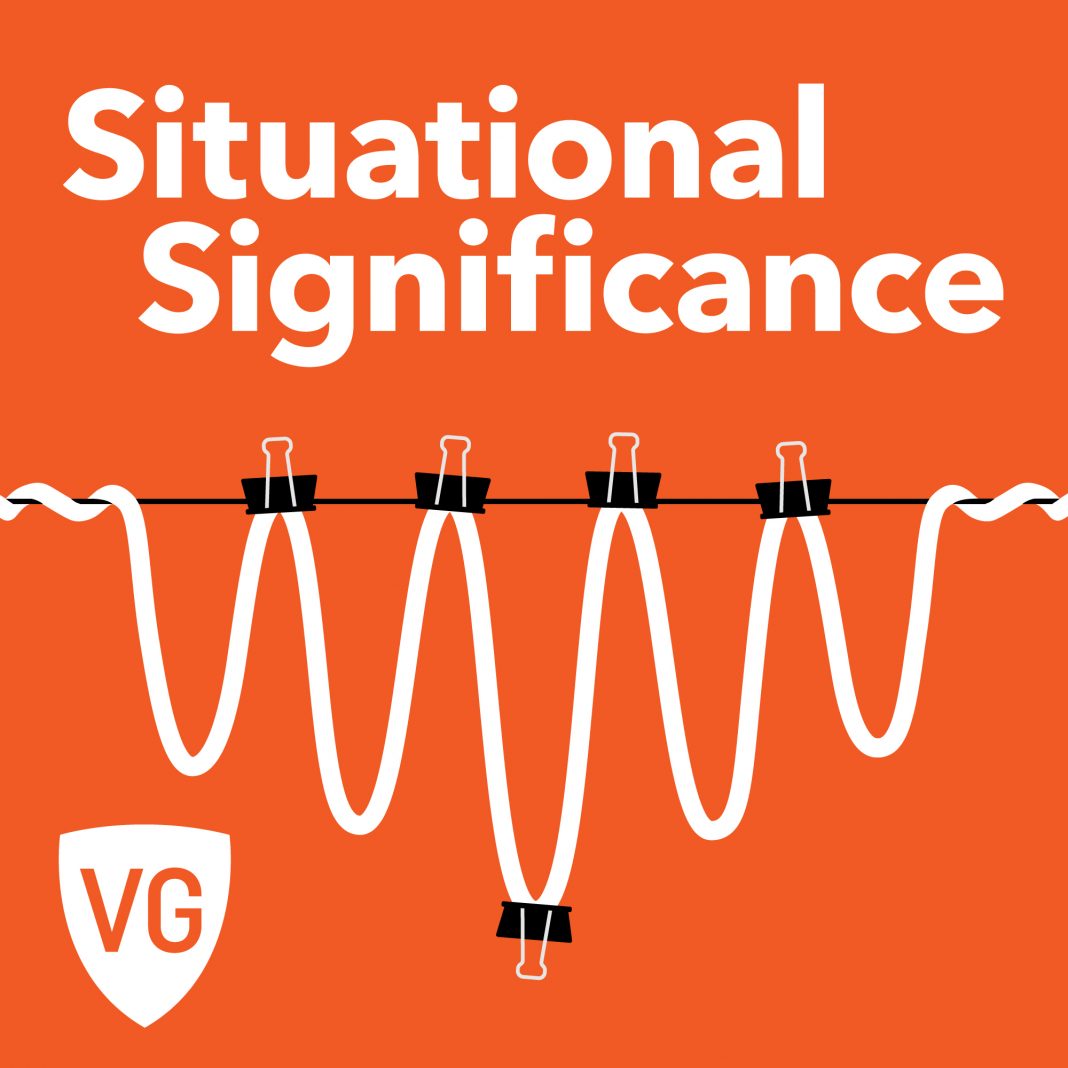Scrolling through Twitter lately, Jane Fonda has been a recurring figure. Why? Her multiple arrests, of course.
Celebrities can bring attention to important causes and lend much-needed activist energy, but sometimes the spectacle of their involvement overshadows the cause itself.
Fonda has been organizing weekly protests on the steps of the Capitol building in Washington, D.C., in what she’s dubbed “Fire Drill Fridays.” Each Friday, a new issue connected to the current climate crisis will be highlighted until January, and activist groups such as Greenpeace, as well as other celebrities, have joined her in direct action techniques.
Fonda was arrested and escorted from the protest area by police on Oct. 25, all while accepting a BAFTA award. She was again arrested on Nov. 1, which resulted in her having to spend the night in jail. These arrests have become the subjects of praise, attention and even a meme.
Yet, when thumbing through the timeline, without some significant digging it’s hard to identify what she’s protesting. This is not her intention. Fonda participated in these protests to raise awareness to pertinent issues and get more people involved, not to gain attention for herself. The scene of her arrests, though, are definitely garnering more of a following than what she’s advocating.
This is similar to actress Shailene Woodley’s arrest at Standing Rock in 2016. The media and attention in that time period were focused on her, the arrest and the strip search she underwent, not on the protests at Standing Rock and the reason she was there in the first place.
ABC news actually ran a headline: “Shailene Woodley says she was strip searched after Dakota pipeline arrest,” and within the article, there is no mention of the protest outside of the arrest. Reading the article, it’s more of an account of one privileged woman’s run-in with the criminal justice system. Again, many interviews centered on this “trauma,” not on any of the Standing Rock issues.
Both Fonda and Woodley have the best ideas behind them; they are actively organizing and partaking in protests in order to raise awareness for causes they care about. Sadly, the public is more interested in their mugshots and strip search stories than whatever they were protesting in the first place.
Something that goes hand-in-hand with celebrity protesting is celebrity political endorsements. Especially in regards to presidential elections, celebrities will endorse candidates they believe. For instance, both Beyoncé and Jay-Z supported Hillary Clinton in the 2016 election. Beyoncé has over 134 million followers on Instagram, and her opinion holds sway over many people of the Bey-Hive. While a larger sphere of influence—especially over social media—is something celebrities bring to the table, their fame and name recognition can allow them to get away with cartoonish and almost dangerous behavior. This is becoming increasingly apparent in today’s politics.
Kanye West’s continued endorsement of and friendship with President Donald Trump is a prime example of two people holding tremendous sway over the American public. Their friendship has become a meme for years—who could forget “Thank you Kanye, very cool!”—and their fame has distracted from their absurd comments and questionable political views and actions. The media, and all of us glued to our news feeds, won’t notice EPA regulations being rolled back or other quiet government changes that have huge impacts, because Trump’s next tweet is being analyzed.
In contrast, celebrities can use their status and power to create social change through a more institutional approach focused on utilizing their wealth to support activist groups, such as actors Mark Ruffalo and Leonardo DiCaprio, both of whom created foundations that provide funding for organizations serving front-line communities and fighting environmental injustices in the legal system.
When it comes to celebrity activism, many are placed in a precarious situation of wanting to help but not wanting to distract from the issue at hand. Fame can shine a spotlight and bring a larger group of people into the fold of a particular issue, but the famous spokesperson cannot become the central idea. This is difficult to reconcile, and despite their best efforts, Fonda or Woodley did not achieve that.
That’s not to say one can’t share a good Fonda arrest meme on Twitter—just make sure to figure out exactly why she was being arrested in the first place.






